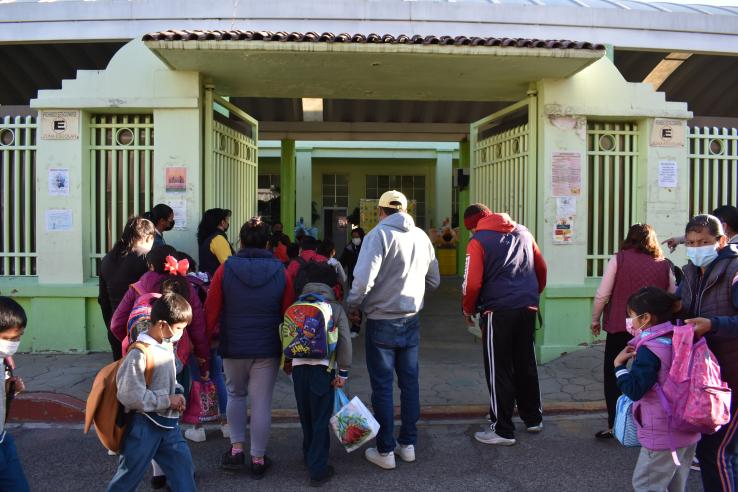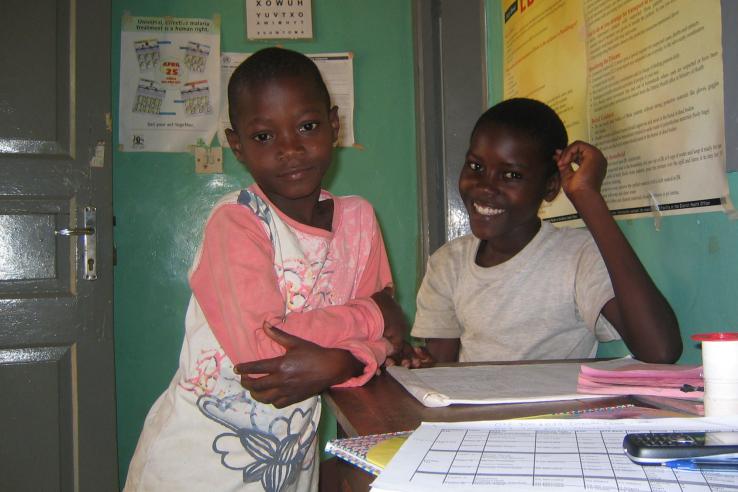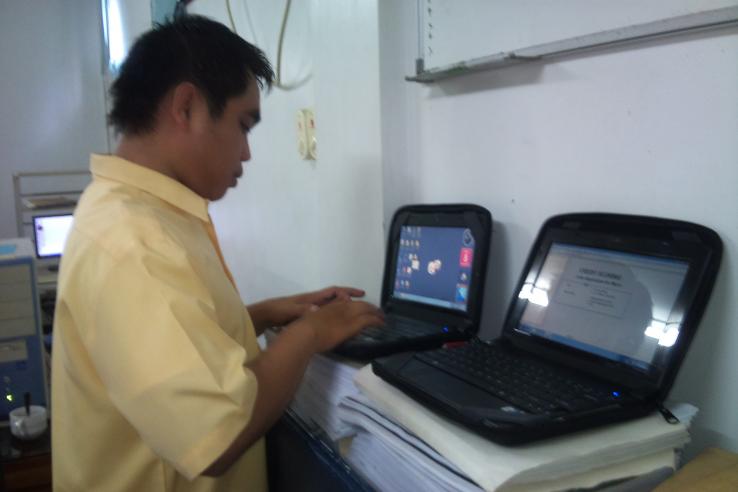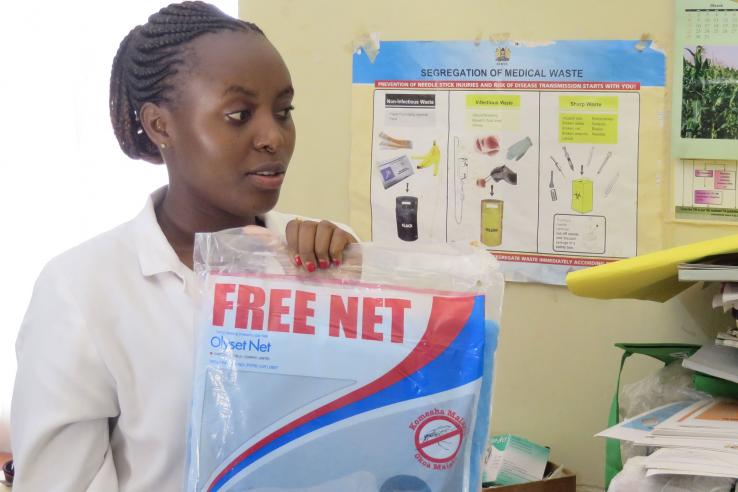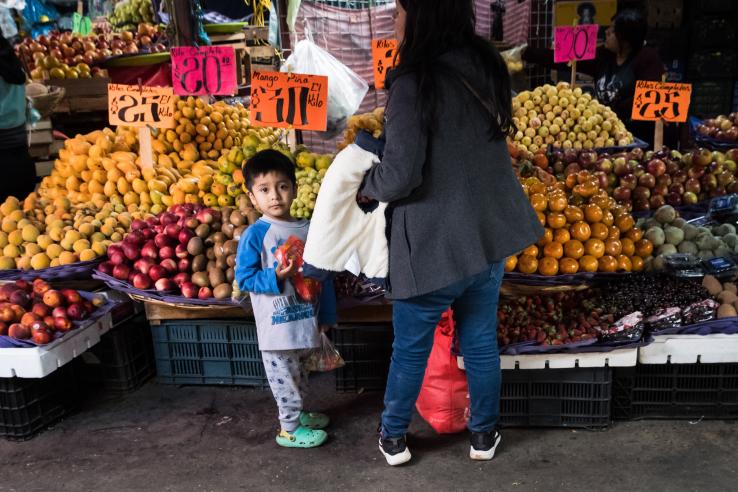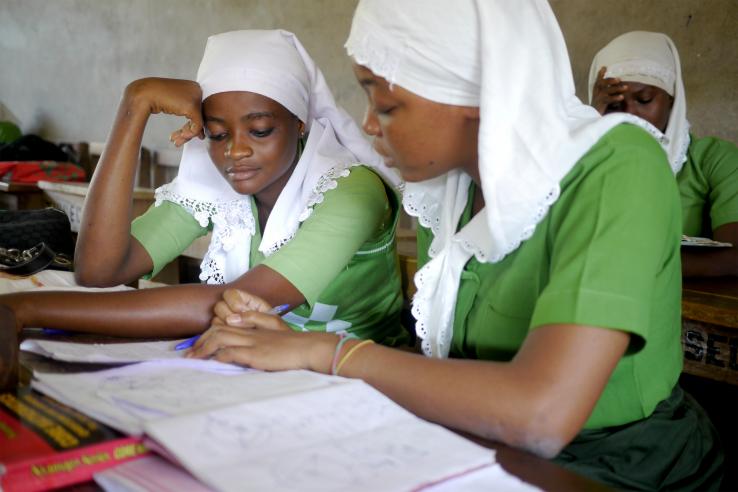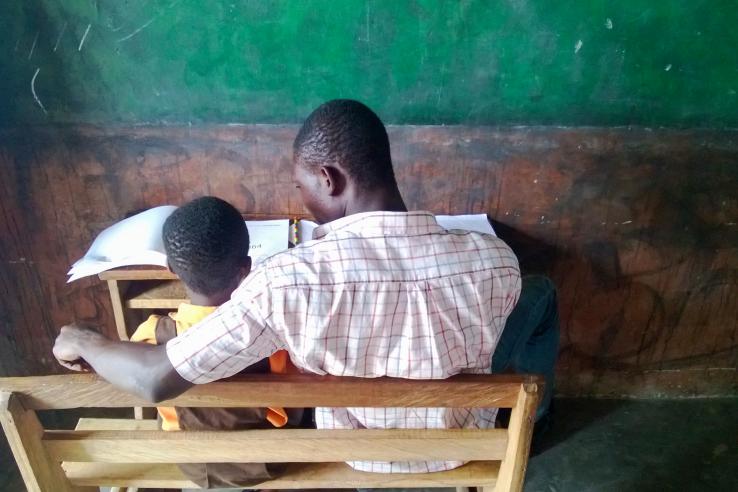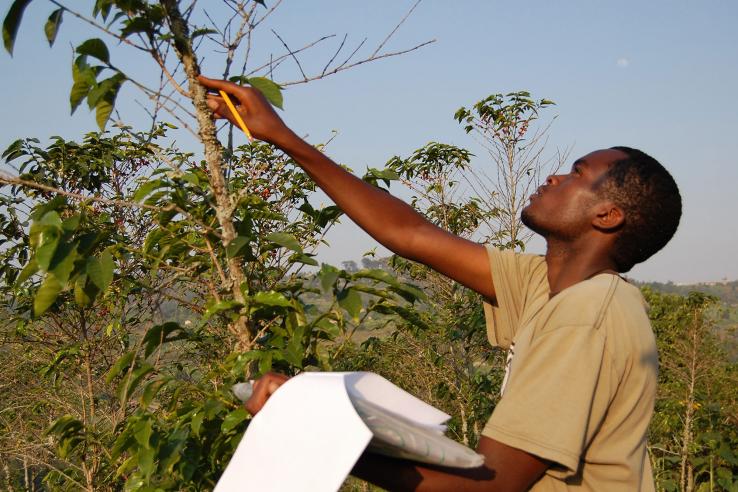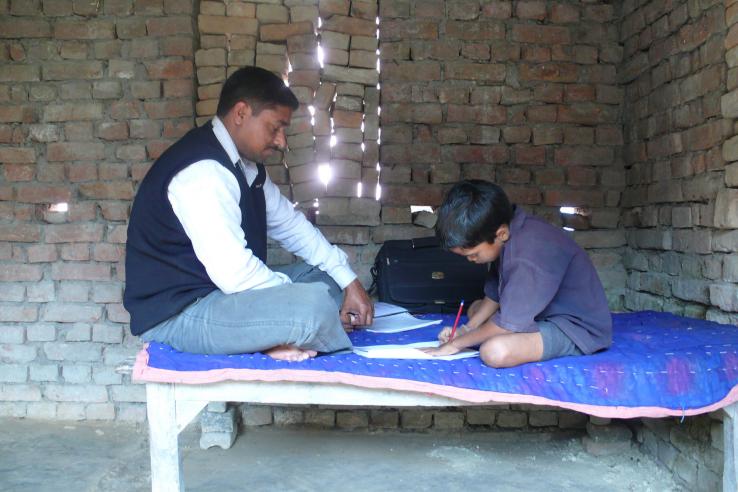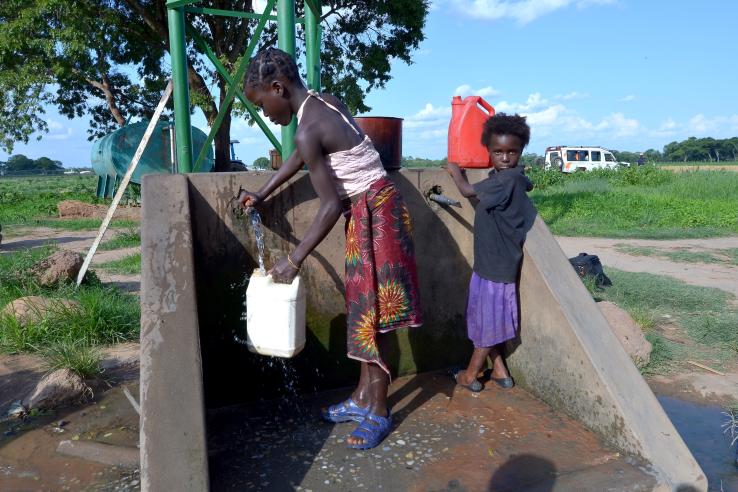Displaying 2716 - 2730 of 8317
Evaluation
In Mexico, researchers evaluated the impact of PROGRESA, a national CCT program, on both school enrollment and child wages.
Evaluation
The ability and integrity of civil servants can have important consequences for the lives of the poor. Researchers analyzed the impact of financial incentives and characteristics of the work environment on attracting qualified applicants to Mexico’s public sector. Offering higher wages attracted individuals with higher previous earnings, higher IQs, and more desirable personality traits. These applicants were also at least as publicly-motivated as applicants that did not receive the higher wage offering.
Evaluation
In Uganda, researchers tested whether a school-based savings program reduced dropout rates by enabling students and their families to save for school-related expenses. A version of the program that labeled savings for educational purposes, rather than fully committing money to educational expenses, increased the amount students saved, expenditures on educational supplies, and test scores.
Evaluation
Researchers in the Philippines are examining the various constraints hindering SME growth and evaluating whether graduate business students can effectively teach management skills and improve small business performance.
Evaluation
Heavily subsidizing essential health products like insecticide-treated bed nets has the potential to substantially decrease child mortality in sub-Saharan Africa, but there is widespread concern that poor governance and limited accountability among health workers undermines the effectiveness of subsidy programs . Researchers measured the impact of several financial and monitoring incentives on the quality of bed net delivery to pregnant women in Ghana . The incentives had no impact on the quality of delivery. Audits in Ghana, Kenya, and Uganda revealed that around 80 percent of targeted recipients received a bed net subsidy as intended and leakage of products to ineligible recipients was limited. A system change that moved the point of delivery from the clinic to a local shop via vouchers worsened program coverage, reducing the likelihood of a woman receiving a net at her fist visit by 17.8 percentage points.
Evaluation
Conditional cash transfer (CCT) programs are designed to incentivize parents to invest in their children's health and wellbeing, while providing cash transfers to improve their current welfare. Researchers evaluated the impact of Mexico’s national CCT program (“PROGRESA”) on a wide range of health outcomes. Preventive care utilization increased by more than half, and both children and adults experienced significant improvements in health. Children experienced fewer illnesses, a reduction in anemia, and an increase in height.
Blog
A conversation with TaRL Africa, J-PAL, and the Ministry of National Education of Côte d’Ivoire. Originally posted by the Brookings Institute.
Evaluation
Researchers in Ghana conducted a randomized evaluation to test whether a program informing students and parents about the secondary school choice process and school quality helped students make more strategic decisions about which schools to attend, and whether these choices led to better educational outcomes for students. Results indicated that increasing parents’ access to this information increased parental involvement in students’ educational choices.
Evaluation
There is substantial evidence that, in the short-term, conditional cash transfer (CCT) programs improve health and nutritional outcomes for young children. Researchers studied the effects of a CCT program in Mexico, which required school attendance and preventive medical care, on child health and development up to a decade after the launch of the program. They found that larger cumulative cash transfers resulted in significantly better outcomes in many aspects of children’s physical, cognitive, and language development. The improvements in child development were more linked to the cash transfers themselves than to the required health and education components.
Evaluation
Researchers partnered with Ghana Education Services (GES), The National Teaching Council (NTC), The National Council for Curriculum and Assessment (NaCCA), The National Inspectorate Board (NIB), and UNICEF to evaluate whether additional managerial support from head teachers and circuit supervisors could increase the likelihood that teachers implement targeted instruction in their classrooms. The results will help inform Ghana’s Ministry of Education on how teacher-led targeted instruction can be replicated at scale in Ghana.
Evaluation
In Rwanda, researchers worked with TechnoServe to evaluate the impact of an agronomy training program on farmers’ knowledge and use of best practices in coffee-growing. Preliminary results suggest that the trainings helped some farmers improve their coffee-growing practices, but that the practices more likely to be adopted were those that required less effort on the part of the farmers. Future analysis will examine whether and how these practices spread through farmers’ social networks.
Evaluation
A common strategy for increasing school attendance is to offer cash rewards or other incentives to households, usually to the parents, when their children attend or perform well in school. In Gurgaon, India, researchers tested whether giving education incentives to parents or children influenced the incentives’ impact on educational outcomes. All of the incentive schemes had a substantial impact on test scores. Giving incentives to parents was more effective for high-performing students, whereas giving incentives to children was more effective for low-performing students. This suggests that incentivizing parents was more effective when they were good at motivating and supporting their children.
Evaluation
Informational campaigns and price subsidies are common ways to increase the use of health products in developing countries, but little is known about the effect of combining these tools. In Zambia, researchers investigated whether households’ demand for chlorine at varying subsidy levels was dependent on their knowledge of the product. They found that providing additional information about chlorine significantly increased the impact of price subsidies on demand for the product. However, in the absence of a subsidy, information provision had no significant effect on take-up.
Update
J-PAL Updates
A new study, released today in Science, points to a way to help repair social ties and promote coexistence after war. New findings show that among persecuted Christians in post-ISIS Iraq, playing on soccer teams with Muslim players helped promote more open attitudes toward Muslims, but only Muslim...
Evaluation
In France, researchers evaluated the impact of various school communication strategies designed to encourage parents to participate in their children’s schooling. They found that personalized invitations increased parental participation in school meetings, especially for parents of low-performing children and from poor socio-economic backgrounds.
